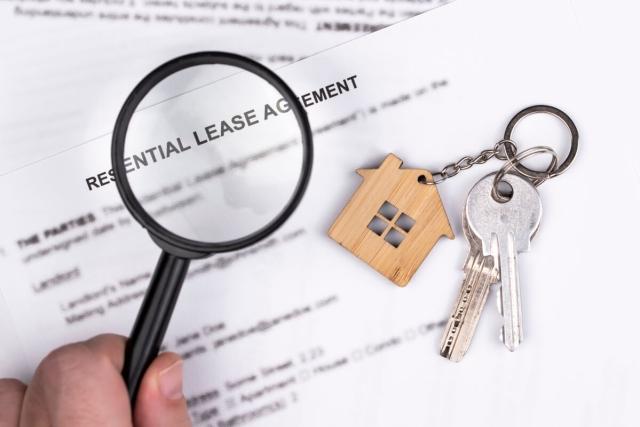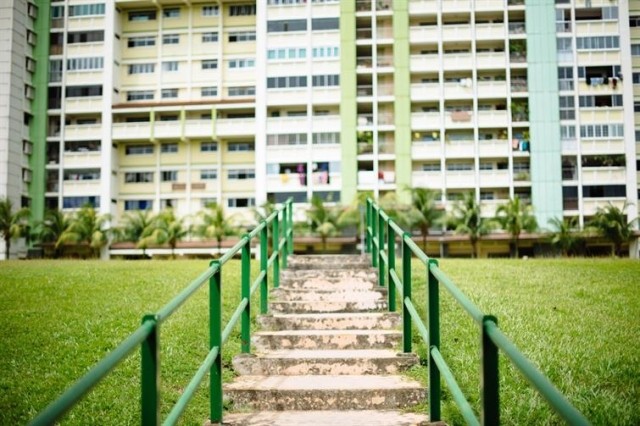Signing a lease is an important step in renting a home, but abiding by its terms is just as critical. Many renters unknowingly violate their lease agreements, often due to a lack of understanding about the specific rules laid out in their contracts. Such violations can lead to fines, eviction, or even legal disputes, costing time and money. To help you stay on the right side of your agreement, here are some common ways to unknowingly break a lease and how to avoid them.
1. Subletting Without Permission
Whether you're leaving for an extended stay somewhere else or need help paying rent, subletting your home might seem like an easy solution. However, most lease agreements explicitly require written permission from the landlord in advance. Even if your lease doesn't mention subletting, local laws might require landlord approval.
To avoid potential penalties or the risk of eviction, always communicate with the landlord prior to taking action. If subletting is permitted, get everything in writing to protect yourself and ensure a smooth transition.
2. Housing Unauthorized Pets
Adding a furry friend to your home can bring joy, but ignoring your lease’s pet policy can be costly. Some properties have strict no-pet rules, while others allow pets but impose restrictions on breed, size, or type. Fostering pets or pet sitting may also breach your lease if pets are outright prohibited. Violating these clauses might not only lead to fees but can also jeopardize your ability to stay in the rental.
To prevent misunderstandings, review your lease closely and, when in doubt, ask your landlord for clarification. If pets are allowed but require a deposit or monthly fee, make sure to handle that paperwork ahead of time.
3. Making Unapproved Property Alterations
Personalizing your rental may seem harmless, but unapproved alterations can quickly violate your lease agreement. Painting walls, installing shelves, or setting up a security system are examples of changes renters might make without realizing they need prior approval. Landlords often have strict rules to maintain the property's condition and value, and unauthorized changes can result in costly penalties or repair bills.
Before making any modifications, even if they're small, consult your lease and discuss your plans with your landlord. If approved, be sure to document everything and save your landlord's written consent.
4. Hosting Long-Term Guests
Having friends or family stay over for a few days is typically fine, but long-term guests can lead to problems. Lease agreements often specify rules about guests, and exceeding the allowed duration could classify your guest as an unauthorized occupant.
Having a friend stay for months at a time might be seen as subletting, even if no money changes hands. This can result in lease violations and strain your relationship with your landlord and neighbors. If you anticipate having someone stay for an extended period, be upfront with your landlord to avoid complications.
5. Ignoring Maintenance Responsibilities
Lastly, failing to meet basic maintenance obligations could put you in breach of your lease. This includes not notifying your landlord promptly about damage, such as leaks or pest infestations, or neglecting to replace air filters and light bulbs as required. Such oversights may lead to significant damage or safety hazards, potentially making you liable for repairs.
To avoid issues, carefully review the maintenance section of your lease and stay proactive. Reporting problems early and keeping up with minor tasks goes a long way in protecting your rental and showing your landlord you're a responsible tenant.
Understanding your lease terms is crucial to avoiding unintentional mistakes that could jeopardize your housing situation. By taking the time to read and fully grasp the conditions of your lease, you set the foundation for a smooth renting experience!






